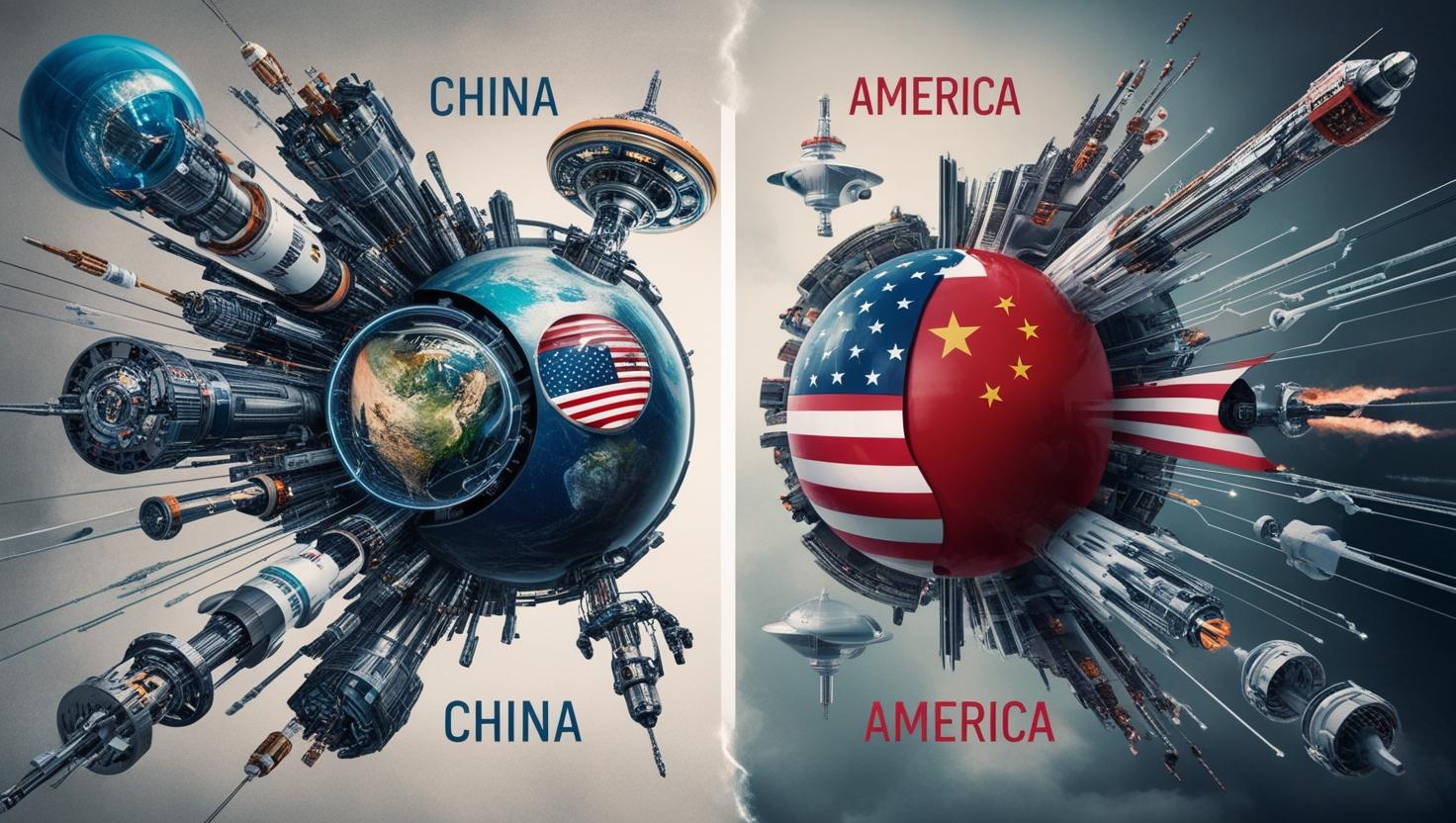The Global AI Race: China vs. the United States
In recent years, the global race to dominate artificial intelligence (AI) has intensified, with the two biggest players—China and the United States—competing not just in developing AI, but in applying it effectively across industries.
China’s Rapid Adoption of AI in Real-World Scenarios
While America is still regarded as the global hub of AI innovation, China is quickly catching up—not by building better algorithms alone, but by putting them into practical use faster and on a much larger scale. Major Chinese firms like Baidu, Alibaba, and Tencent have been actively deploying AI in healthcare, manufacturing, retail, and even public administration. Their ability to integrate AI into daily operations is transforming how entire industries function.
China’s advantage doesn’t just lie in scale—it also stems from massive data availability and strong government backing. From facial recognition systems to autonomous delivery robots, Chinese cities have become real-world testing grounds for emerging AI technologies.
America’s Strength Lies in Deep Tech and Innovation
On the other hand, the United States remains a powerhouse in AI research, chip development, and cloud infrastructure. Silicon Valley is still home to the world’s most advanced AI startups and labs, including OpenAI, Google DeepMind, and Anthropic. American universities continue to lead in foundational AI research, producing breakthroughs that set global trends.
However, the U.S. faces challenges in rapidly implementing these innovations on the same scale as China, especially in public infrastructure. Also, geopolitical tensions and export restrictions are complicating the free flow of chips and technology—key components in AI development.
Open-Source AI: A Strategic Play or a Risk?
Interestingly, China has been more open to open-source AI models recently. This openness helps attract developers worldwide and accelerates innovation, but it comes with a tradeoff: reduced control and potential misuse by competitors. Still, in a landscape where access to top-tier chips is limited due to U.S. sanctions, open collaboration becomes a smart move to maintain momentum.
The Global Implications of the AI Race
What’s at stake is much more than national pride—it’s about setting the global rules of AI, from ethical frameworks to economic models. Whoever leads in AI will likely set the standards for how it is used worldwide. Both countries are also influencing allies and forming tech partnerships, turning the AI race into a strategic game of global influence.
A Two-Track Race Future of AI in China and US
In summary, the U.S. continues to lead in foundational AI technology, but China is ahead in real-world implementation. The race is not just about who builds the best algorithms, but about who uses them better. Both nations bring unique strengths to the table—and the final outcome may depend on how each adapts to future technological, economic, and political shifts.
Source: The Economist
